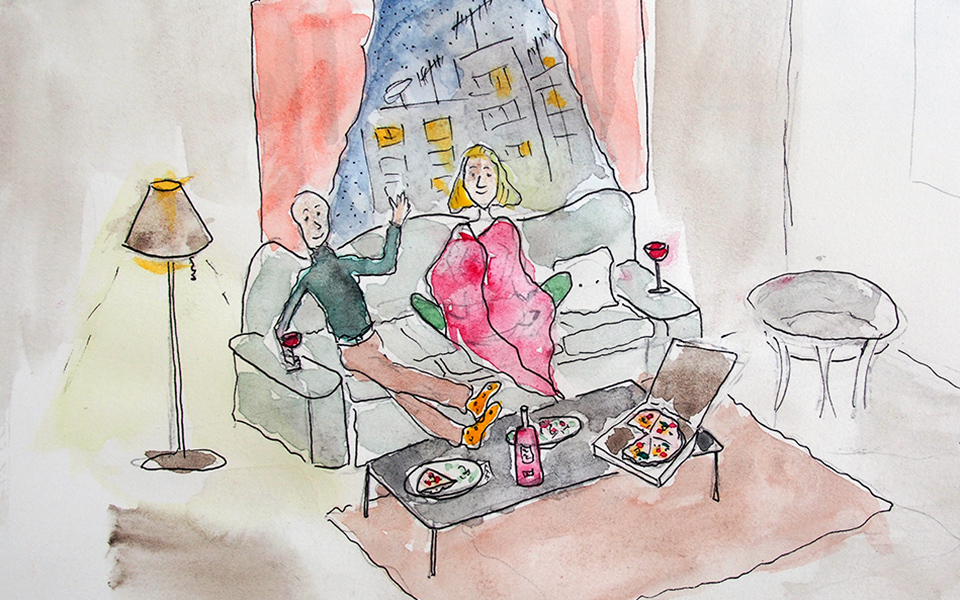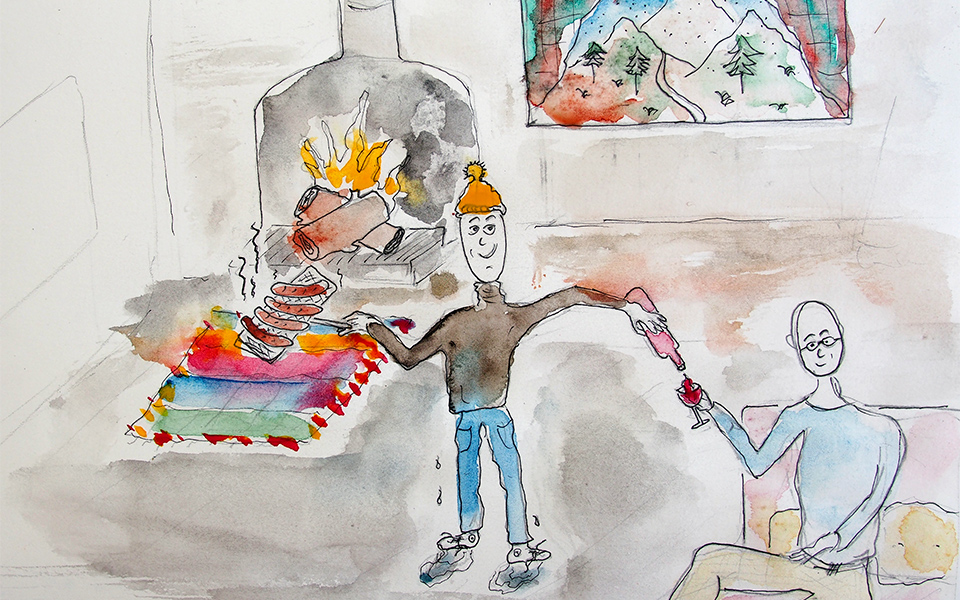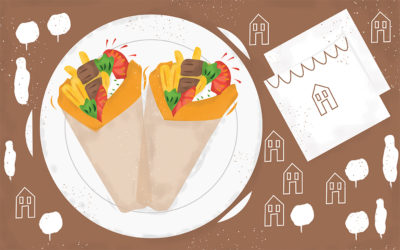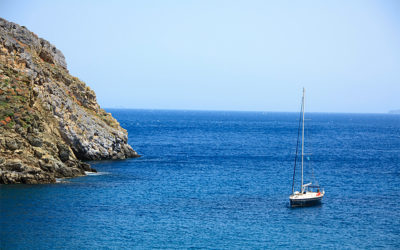
Life
What’s Greek for Hygge?
Winter is coming in Greece, and this means it’s time to crack open the rakomelo.
Every now and then, a way of living from another culture enters the zeitgeist. Over the years, we’ve feng shuied our homes, tiger parented our children, paleo dieted and eaten clean. Now it’s the turn of hygge, which is on track to become this winter’s trend for how to live well. It’s suddenly so in vogue that there are nine books on the subject coming out in the UK over the next few months.
You could describe hygge as the embodiment of making hay while the sun shines – or rather when it doesn’t shine. For the Danes, it’s making the most of their long winters.
Julie Metze, a Danish friend of mine who lives in Athens, explains. “Hygge to a Dane is everything and can be anything. It is a word we use to describe many different situations. It is close to coziness but it is not the same. It’s about being relaxed and balanced, a psychological state rather than a physical state or a specific form of interaction.”
If you could put hygge in a box, that box would hold deliciously calorific comfort food, warm knitted socks, pleasant conversation and lots of candles. The balance is important. You don’t wreck the hygge by bringing up the American presidential elections when the topic of conversation is kittens in Pokemon costumes. You plan in advance and match the company for compatibility.
It’s no wonder that hygge comes from the Danes, a people who are known for being obsessed with living well and are regularly surveyed as being the happiest in the world. But the desire to live well is an almost full-time pursuit of Greeks too. It’s just that they won’t admit their happiness to a pollster lest the results collectively inflict a big dose of the evil eye on their country from jealous northerners.
I began to wonder. Was hygge really such an exclusively Danish thing? How do the Greeks get cozy when winter comes? (Surprise, dear reader, Greece has a winter too!)
My friend Anna, who is half Greek and half Danish, sits happily between both worlds and so could tell me more about whether there is a Greek equivalent for hygge. “I recently had an argument with my boyfriend because he was watching depressing news while we were eating dinner. That’s not hygge,” she says.
Anna confirms that the candles are a really big deal. “Even if you’re on your own, you’ll light a candle to relax. The difference in Greece is that the lighting is bad in the houses, but that’s starting to change.”
But as Anna and Julie both said, while there’s no one word that captures how Greeks like to have a good time, there is plenty of common ground. Good friends, good food, getting together and good conversation all fall into the hygge model. And these are all things that the Greeks are fantastic at combining.

The reason why no one is writing a dozen books about the Greek art of wintertime socializing is probably because it doesn’t come with all the cute northern European accessories that hygge does.
When the weather gets cold, Greeks retreat to their homes and take their loud, eclectic socializing with them. They cram into their draughty apartments (like holidaymakers, 1970s architects seem to have completely ignored the fact that Greece has a winter). Pizza is the most common type of baked goody you’ll find, ear-splittingly loud conversation is the norm and terrible lighting abounds.
The socks at a Greek gathering come from the supermarket, not from grandma’s chunky wooden needles. You might encounter a fireplace or two, but if you see a candle, you’re probably about to be seduced or proposed to – so be aware or delighted, depending on what your expectations are. And the drink of choice is whatever alcohol you can grab, hot chocolate and tea being the preserve of children and the sick.
The way Greeks get together is a lot more unstructured. There is no pre-planning involved regarding where, when and with whom. Expect your friends to phone you, when they are already on the road with hot souvlaki rolling in the passenger seat, telling you to get ready to see them and three people you’ve never met. It takes a little getting used to, but once you get the hang of it you’ll start doing the same thing.
“In my view the hard part of socializing in Greece for a non-Greek has more to do with the impulsiveness and randomness of it all. But once everyone does arrive one or two hours late, it is very much hygge when a group of friends get together,” says Julie.
The summer brand of Greek hospitality is so well known that entire tourism campaigns have been launched on the back of it. An as yet undiscovered aspect of that hospitality is the joy of getting cozy in the Greek winter is the noisy, random, candle-less way people do it, where personal space is a non-concept and the nature of the gathering stays fluid.
If we’re feeling extra fancy when winter finally rolls into Athens, we arrange to ditch the city for a long weekend in a chalet in the snow-covered mountains of Corinthia, where we’ll barbecue steaks and sausages in the fireplace and go for walks in the most inappropriate footwear we own. We’ll get cozy under polyester blankets and sip glasses of hot rakomelo (an alcoholic beverage that combines raki with honey and several spices), chatting about everything we can think of and standing by the door for at least 30 minutes as we say goodbye. This is how we beat the urge to feel jealous of the Danes, their fantastic educational system, hand-knitted socks, brandy and hygge.







